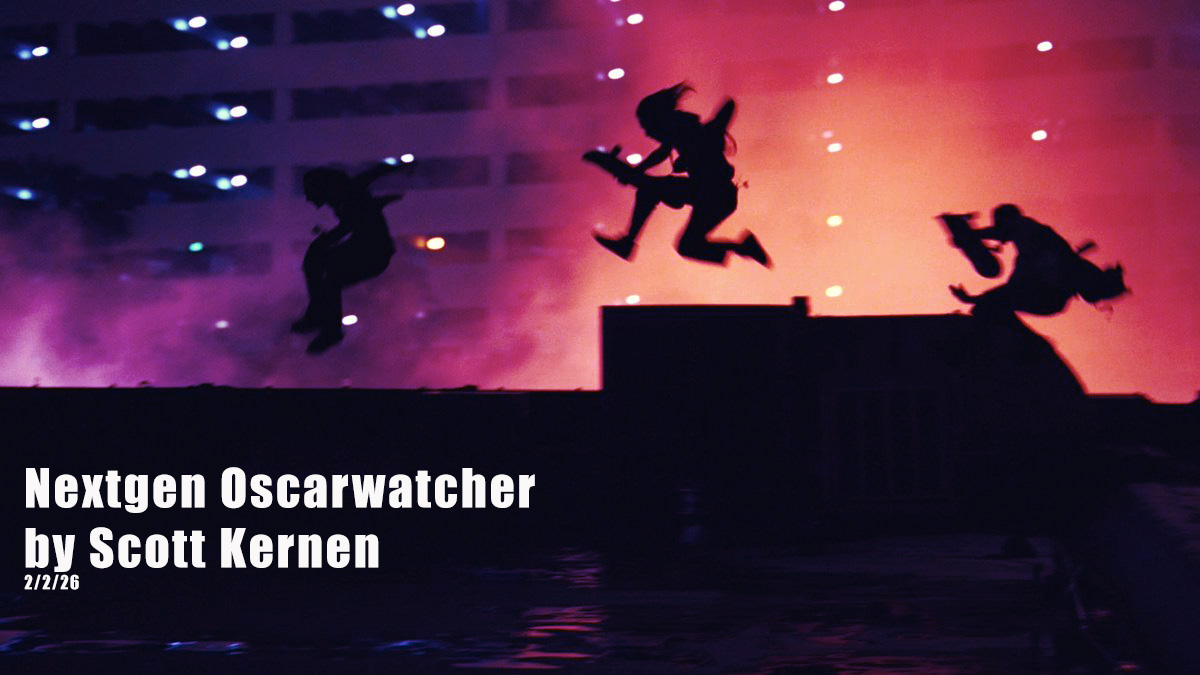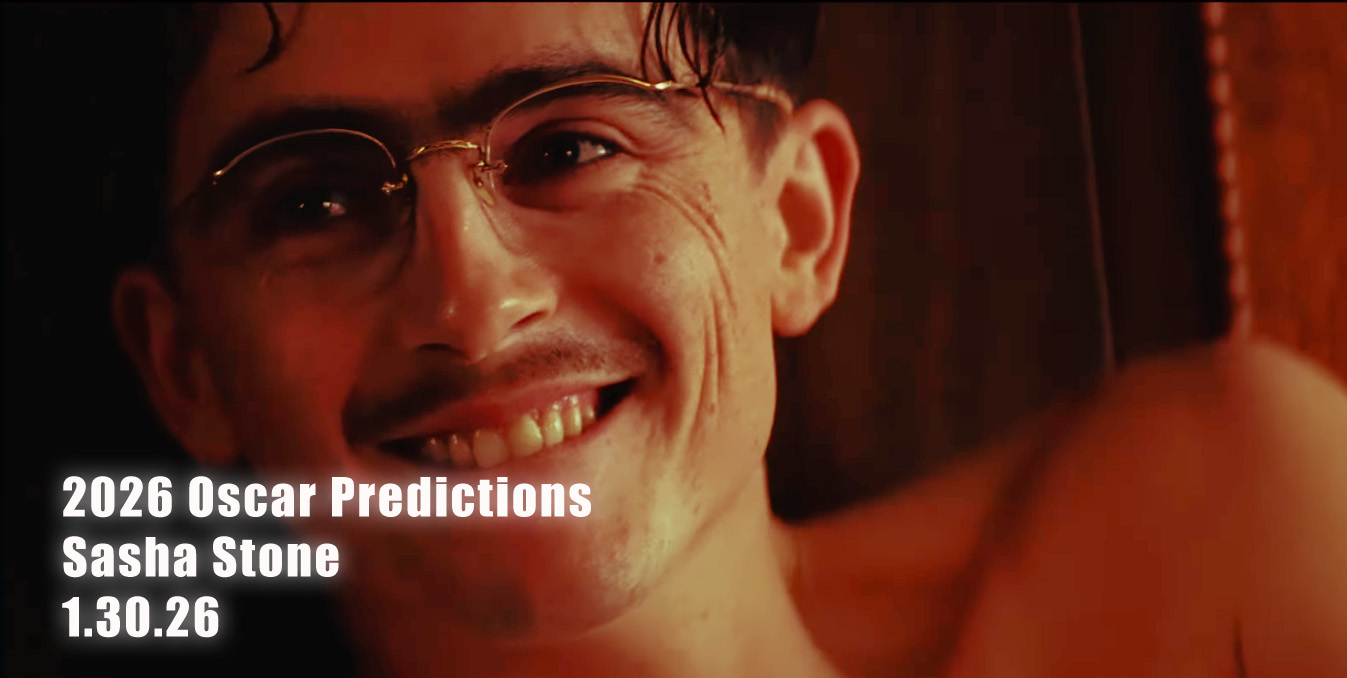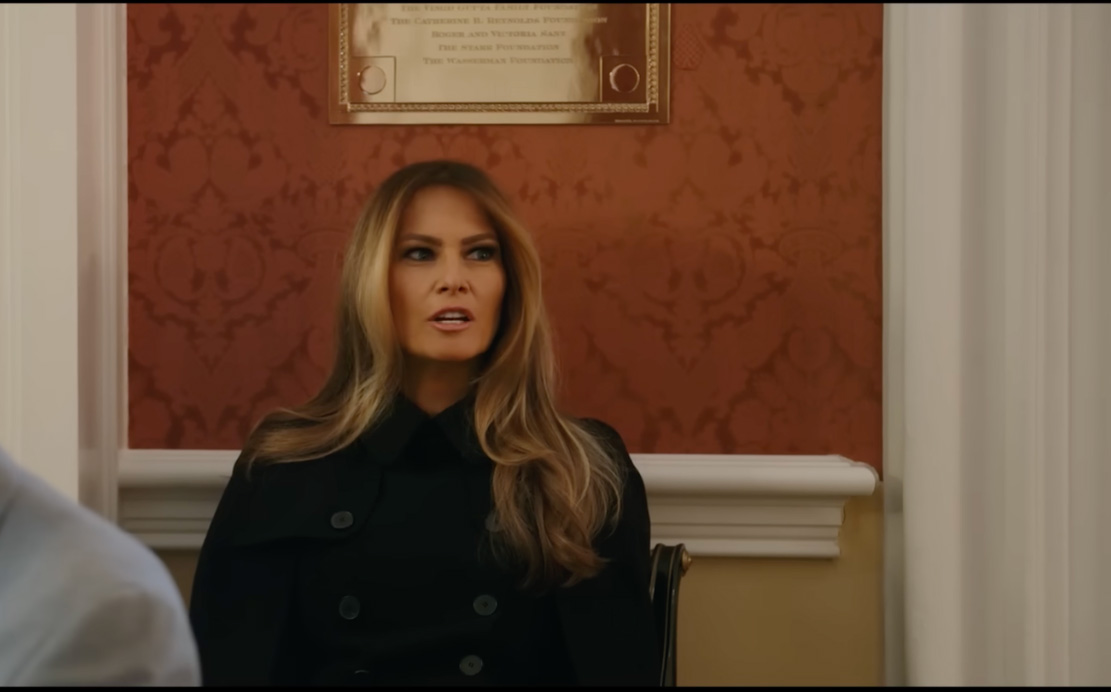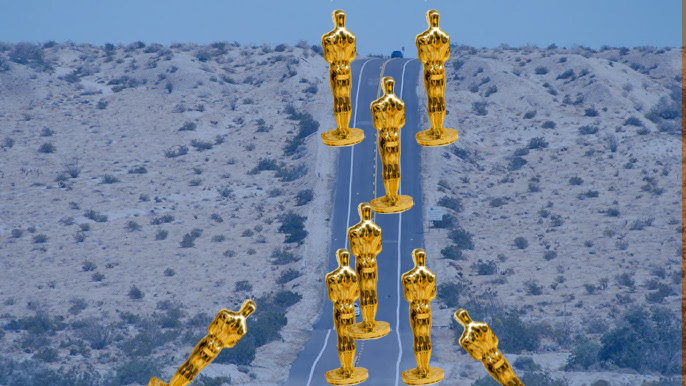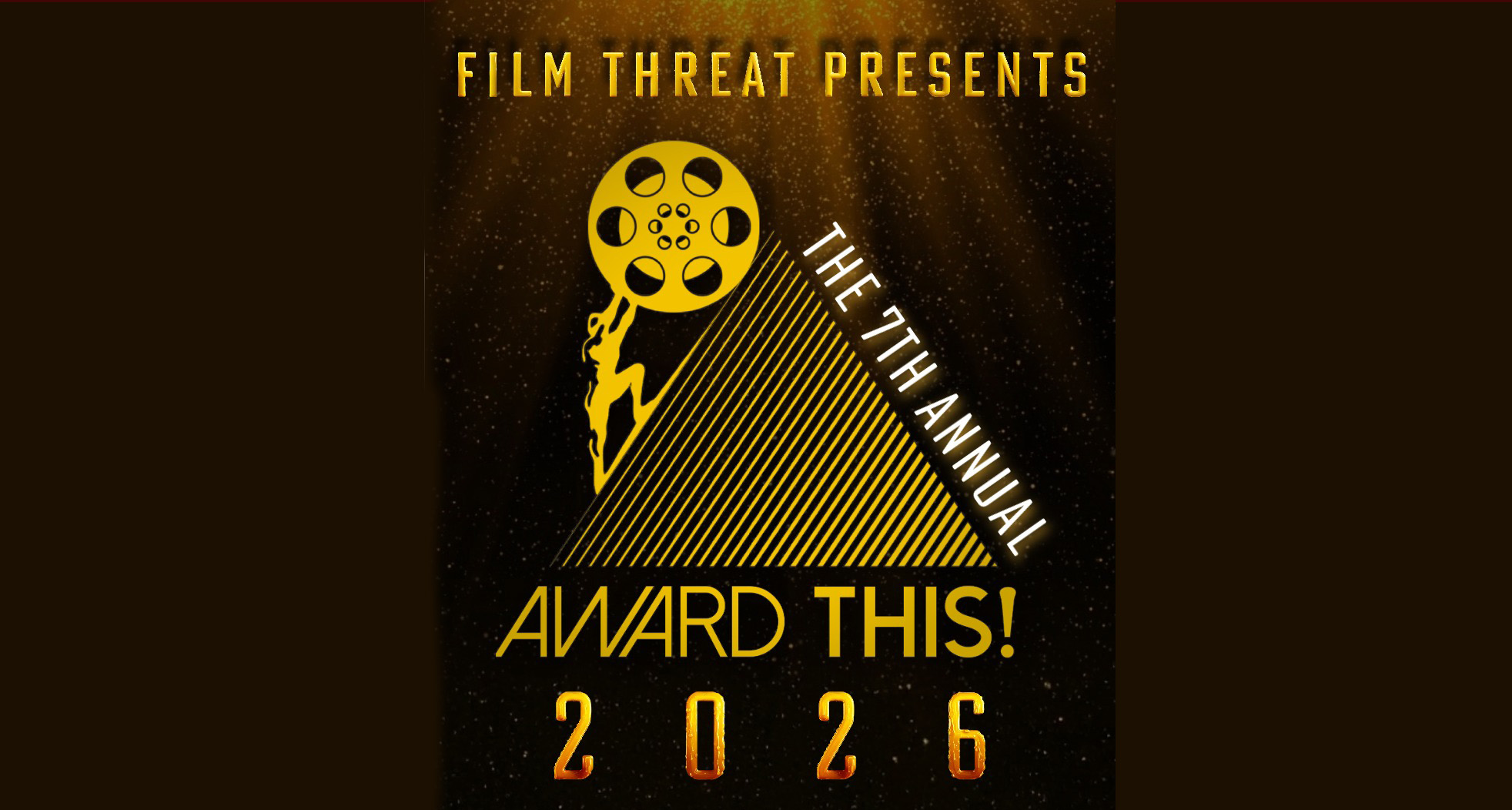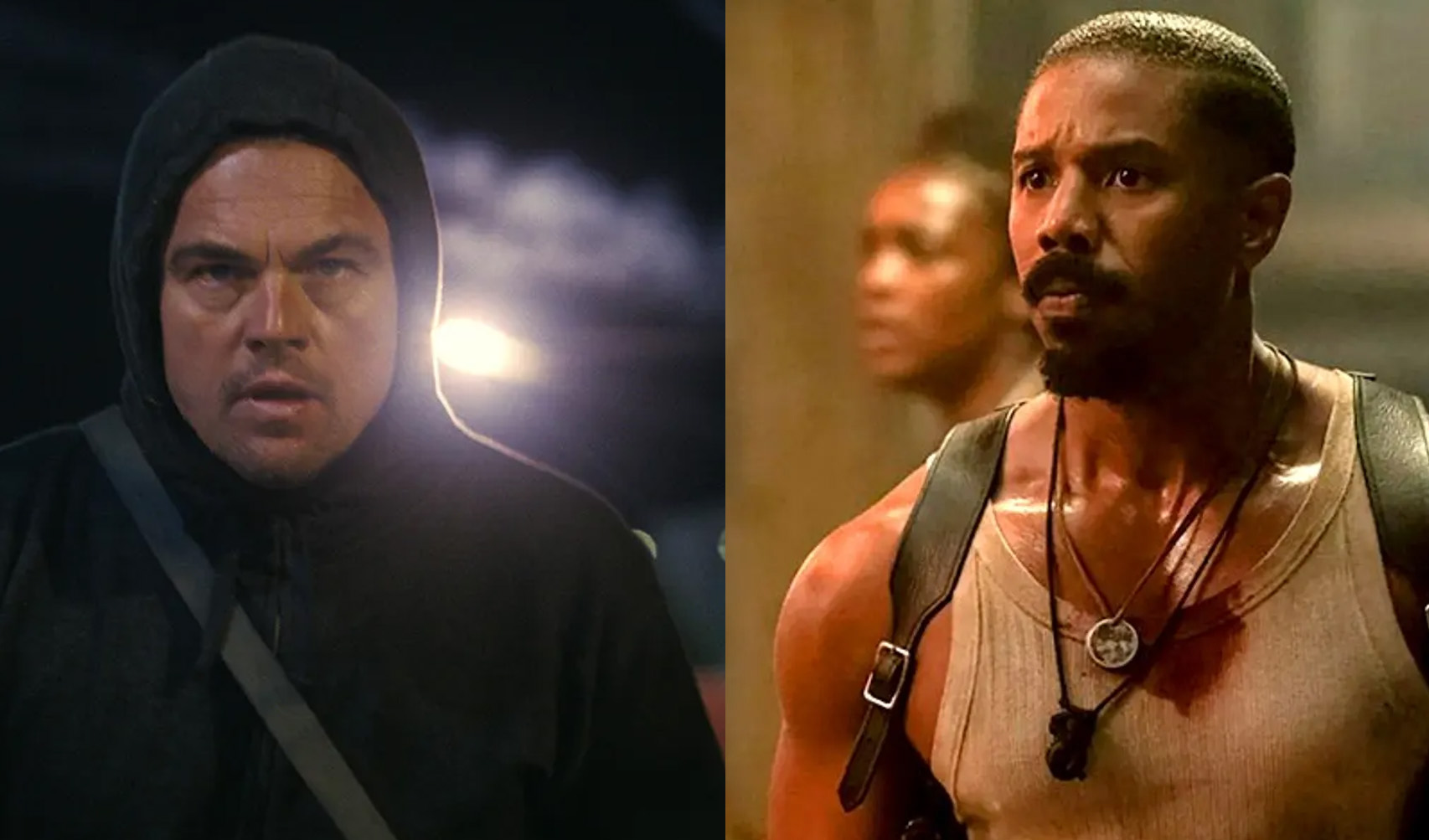
“Socialism never took root in America because the poor see themselves not as an exploited proletariat but as temporarily embarrassed millionaires.”
― John Steinbeck
Three strong films in the Oscar race face down the rise of the 1% — a rise that has accelerated alarmingly in this country over the past several decades. As the effects of the economics schemes put in place during the Reagan era play now begin slamming the generations that followed, storytellers in literature and film are attempting to sift through the rubble to find some some sort of deeper meaning to the illusions of trickle-down magic that have gone so horribly wrong.
The best of this trio of films (by many accounts) is The Wolf of Wall Street, Martin Scorsese’s latest so fresh it’s still nearly wet — a ferocious, unapologetic partner to Goodfellas that nails not only the corruption of Wall Street to the wall, but sticks a fork in the American Dream itself. A pleasure seeker without conscience taking more than he gives back, Jordan Belfort wants only what he’s been conditioned to want until the bottom drops out and he see there’s nothing left of himself but an emptied-out shell. Money in obscene abundance means nothing when it gets you nothing but excess. Buying drugs, hookers, women, fancy cars, yachts — it’s a rotten end goal that takes from the poor what they can’t afford to give and leads to the kind of exorbitance that hollows out the soul.
The Wolf of Wall Street’s partner in crime surely is David O. Russell’s American Hustle. Expect to see many an editorial on the style of these two films as they both stem from a landmark film that stunned us 23 years ago: Goodfellas. David O. Russell is doing Marty, Marty is doing Marty, and both pull back the curtain on the empty value of useless stocks and fake sting operations with the same mordant eye, aghast at the audacity. There is nothing we can trust in American Hustle except for the confidence we have that Rosalyn Rosenfeld (Jennifer Lawrence) is not to be trusted. But her character’s level of deceit is nothing compared to the deeper deceptions put forth by the film’s main characters — Richie DiMaso, Irving Rosenfeld and Sydney Prosser (Bradley Cooper, Christian Bale and Amy Adams). This is Dirty, Rotten Scoundrels meets Goodfellas.
The takeaway, though, isn’t to celebrate the falsely-lit glow of unearned wealth, but to watch the nouveau-riche legacy shed like snakeskin in the era of American Hustle molt into more sophisticated adornment worn like sheepskin by The Wolves of Wall Street — the same sleazy grifters polished up by classier stylists. That Scorsese and Russell decided to go there in the same year will likely prove interesting to cultural anthropologists. Russell’s approach is decidedly less brutal than Scorsese’s. Fans of the Professor knows that he doesn’t pull punches when he dives down to the dark side. This is why Taxi Driver, Raging Bull and Goodfellas never won Best Picture. Russell isn’t as dark as Scorsese — in fact, there’s a candy-coated optimism in his work. There’s always a silver lining, so to speak. American Hustle, despite its depiction of the soulless among us, finds ways to feel affection for Amy Adams’ character Sydney. She’s someone who begins the movie as a force to be reckoned with but then is somehow transformed; re-framed, she ends up caught between two men and being defined by the man she loves.
Jennifer Lawrence’s Rosalyn, in contrast, has far more multi-dimensional character. Whether it was written that way or whether Lawrence brought that to the role — she’s a burst of energy with compassion and humor, the film’s beating heart. It’s tough to say if Wolf of Wall Street has a heart at all, which helps explain why it’s such a great, unflinching film.
The third film in this trilogy of self-serving treachery is Woody Allen’s Blue Jasmine, which is probably the most richly written of the three films. Tight as a drum, with a magnificent centerpiece character who clings to the legacy of the 1% till that VIP lifeline wraps like a velvet rope around her neck. We’re not really talking, incidentally, about old money. We’re talking new money, the attempt to become what Steinbeck called “temporarily embarrassed millionaires.” Blue Jasmine indicts Bernie Madoff and similar crooks who robbed from the poor in such an unforgivable, despicable way. That nastiness wreaks its havoc on Jasmine (the icy, dissolving Cate Blanchett) but the world around her seems to thrive without her in it.
In American Hustle, the scheming ultimately evaporates. It is as though the characters were caught in a devious game of chicken and when the game was over they were free to go live their lives of quiet desperation, nothing like what they had but no one particularly damaged in the meantime. What was it all for? Who knows, but it’s a fun ride along the way.
The task of blasting the most wicked venom at Wall Street crooks, the 1% and at last the American Dream itself is reserved for Martin Scorsese. Along with Woody Allen, Scorsese has defined New York cinema since the 1970s. Not his style to forgive and forget. He’ll cut this fuckin carcass wide open so we can watch its bloody innards spill out all over the dock.
That the New York Film Critics honored both Blanchett and American Hustle is interesting. Caught between them (or above them) Steve McQueen won Best Director for 12 Years a Slave, a film about crime greater than any Wall Street devils could ever imagine. There are no hard nipples peaking out of jersey wrap dresses, nor naked women upside down in a spread eagle pose to distract the majority of filmgoers. Slavery, of course, was used to grow this country’s upper class success in the most extreme means of economic disparity. America’s wealth, our expansion, our financial foundation is owed to slavery. That affluence came at an inconceivable cost to the nation’s humanity. It turned idealism ugly and made supremacy a dirty word.
When you put all these stories together – American Hustle, Blue Jasmine and 12 years a Slave you begin to see a darker portrait of America emerging in this year’s Oscar race. There are more heroic stories peeking through too, to be sure. There is Captain Phillips, which doesn’t shy away from our imperialism, nor our ongoing war with people who can’t even afford shoes, but its compass points north, at least. Its morality is well intact.
The futility of existence, the disappointment with the end game, the sad ways our lives are summed up by the end are beautifully expressed in Nebraska, Inside Llewyn Davis and Her. We fight for our mere survival in Gravity, and the Dallas Buyers Club.
Yet somehow the critics today stumbled towards these stories of greed, the darker aspects of the American dream and how three distinctive artists decided to nail them to the wall. According to an account by a reader at Hollywood-Elsewhere, The Wolf of Wall Street didn’t figure into the voting at all. Was that because many of the critics didn’t yet see it? Was it because when you look into the abyss the abyss looks back at you? Anita Busch tweeted yesterday that “someone has to tell Marty no. It was TOO much.” But I would say that the abstract expressionism of Wolf of Wall Street is the appropriate amount of chaos, considering the havoc wreaked by the subject. Only a handful of directors can readily go there. Aronofsky, Ken Russell, David Lynch and Martin Scorsese.
One of the ways the awards race is dangerous to cinema as an art form is that it, like Facebook, bends towards what life ought to be like, not what it’s really like. Every year we watch dazzling works by filmmakers who try to uncover the truth, or rub away the moss from the stone even just a little bit. Then these works of art lay themselves out for the dreaded consensus vote, the worst possible way to root out greatness.
There have been moments in past Oscar races for Best Picture when the end goal wasn’t to uptick the experience to Prozacian levels. A few dark films here and there have managed to win Best Picture, you know, back where the films were picked by a weighted ballot and not by a preferential one. Under this system, the preferential ballot, you’re always going to have the least offensive film winning the day — and that film usually speaks to the better parts of our nature. Facebook invites us all to dwell in a false portal to a better world. So does the Oscar race invite us to define our times as a more positive reflection of the way things used to be. Most of the films that win take place many years ago, the pre-internet, pre-Wall Street, pre-9/11 world that makes more sense to us than the ever evoking chaotic reality we try to comprehend every day.
It is to the New York Film Critics credit that most of the time, barring 2011, they have picked films that represent more than just a security blanket for the human experience. The Social Network, Zero Dark Thirty, and this year’s winner, American Hustle are vigorously directed, brilliantly conceived films that make a dent when they hit. But ultimately, the preferential ballot rewards safe denominators, not daring works of genius. That renders the top prize almost an afterthought, since there really is no way for a more controversial film to win.
That means that ultimately this race is probably going to shift in a different direction, most likely towards a film that soothes rather than antagonizes. We all know that eventually a satisfied consensus takes hold and when it does the whole town gathers round, warm candles in hand, to celebrate the winner, deserved or not, timeless or fleeting. By the time the year comes to a close, after the hype and hysteria evaporates, the story of 2013 will be told. Somewhere folded into that story will be the significance of a year where a black director won the New York Film critics for the first time, and two African American directors had films very close to the race — Ryan Coogler and Lee Daniels.
No one will forget that 12 Years a Slave came close to changing the Academy’s history by rewarding a film that realistically depicted slavery. A tragedy that has remained unchained since Gone with the Wind told the story in 1939. Back then, slaves were shown as happy pals who only cared about the troubles the white folk endured. Steve McQueen has radically altered that story by Hollywood and Oscar standards. And yet, the buzz now threatens to dissipate, to flutter around almost any other film as voters chafe under the obligation to vote for a film they didn’t “enjoy.”
Films that tell the truth are harder to reward. It’s like putting a negative status update on Facebook that no one feels comfortable saying they “like.” Films that tell us what we want to hear, what we need to hear — those are the ones that get our vote of confidence. They massage our aching psyches and take us away from our miserable lives. Despite all the films tell us the truth this year, or any year, our need to hum along to a happy song remains the same.



